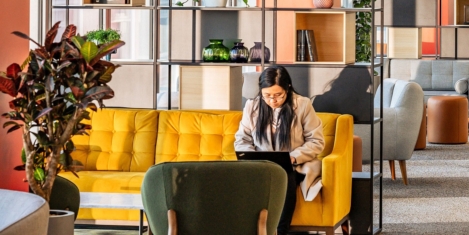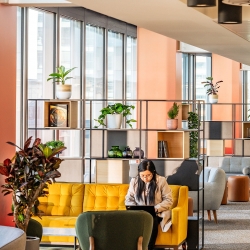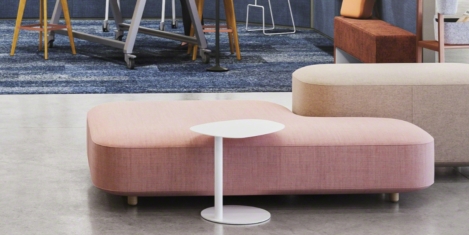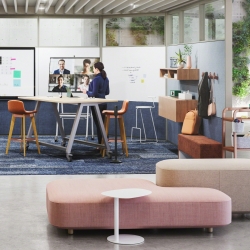To provide the best experiences, we use technologies like cookies to store and/or access device information. Consenting to these technologies will allow us to process data such as browsing behaviour or unique IDs on this site. Not consenting or withdrawing consent, may adversely affect certain features and functions.
The technical storage or access is strictly necessary for the legitimate purpose of enabling the use of a specific service explicitly requested by the subscriber or user, or for the sole purpose of carrying out the transmission of a communication over an electronic communications network.
The technical storage or access is necessary for the legitimate purpose of storing preferences that are not requested by the subscriber or user.
The technical storage or access that is used exclusively for statistical purposes.
The technical storage or access that is used exclusively for anonymous statistical purposes. Without a subpoena, voluntary compliance on the part of your Internet Service Provider, or additional records from a third party, information stored or retrieved for this purpose alone cannot usually be used to identify you.
The technical storage or access is required to create user profiles to send advertising, or to track the user on a website or across several websites for similar marketing purposes.
 Research from the University of Kent has shown how a national four-day working week can positively impact workers and their families’ wellbeing, improve social cohesion and reduce social inequality. In a paper published by the Journal of Social Policy, Professor Heejung Chung from Kent’s School of Social Policy, Sociology and Social Research discusses how a shorter working week can help tackle issues by giving workers the ‘right to time’, shifting a balance between work and non-work activities in daily life. More →
Research from the University of Kent has shown how a national four-day working week can positively impact workers and their families’ wellbeing, improve social cohesion and reduce social inequality. In a paper published by the Journal of Social Policy, Professor Heejung Chung from Kent’s School of Social Policy, Sociology and Social Research discusses how a shorter working week can help tackle issues by giving workers the ‘right to time’, shifting a balance between work and non-work activities in daily life. More →






 Uncertain times call for different measures and approaches, the old rules and playbooks are no longer applicable – so what are you going to do? Sit around, stagnate, hanker after old solutions trying to manipulate and squeeze them into new, unknowable, untried paradigms? No! One thing human beings are fairly good at is evolving and adapting to new and unknown situations and as we all know, being flexible and accepting change creates resilience and ensures survival.
Uncertain times call for different measures and approaches, the old rules and playbooks are no longer applicable – so what are you going to do? Sit around, stagnate, hanker after old solutions trying to manipulate and squeeze them into new, unknowable, untried paradigms? No! One thing human beings are fairly good at is evolving and adapting to new and unknown situations and as we all know, being flexible and accepting change creates resilience and ensures survival. 



























April 13, 2022
The cargo cult of modern office design
by Mark Eltringham • Comment, Workplace design